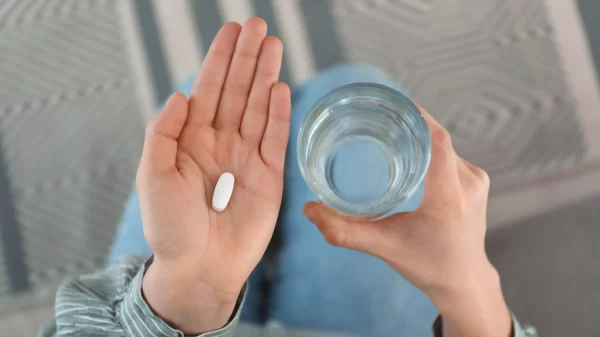In Alabama, losing a pharmacy is not just an inconvenience, it can be a life-threatening gap in healthcare. For many rural residents, the local pharmacy is the front door to the healthcare system. It is where families pick up life-saving prescriptions, get vaccines, and ask trusted pharmacists the everyday questions that keep their loved ones healthy. When that door closes, the ripple effects can be devastating.
Independent pharmacies, which anchor many Alabama towns, are struggling to stay open. More than 30 pharmacies closed in 2024 alone, leaving large swaths of the state with fewer options for care. The result is a growing network of “pharmacy deserts.” Data shows that in rural Alabama counties, patients often live 10 or more miles from the nearest pharmacy. In some counties, only a handful of pharmacies remain to serve thousands of residents spread across hundreds of square miles.
For families already stretched thin by long work hours, childcare, or limited transportation, that distance can turn a simple trip for blood pressure medication or insulin into a day-long ordeal. Missed prescriptions often follow, not because patients do not want to stay healthy, but because access has been pulled too far out of reach.
Distance alone does not capture the full challenge. Broadband access remains limited in many rural areas, with millions of Americans, including thousands in Alabama living in “telehealth dead zones.” That means when a physical pharmacy shuts down, patients cannot always rely on digital solutions or mail-order services to fill the gap.
The consequences are real. Research shows that when rural patients lose local access to care, medication adherence drops, chronic conditions worsen, and hospitalizations rise. For older Alabamians managing conditions like diabetes, hypertension, and heart disease, which can be the difference between stability and a health emergency.
These closures also erode the trust and relationships that define rural healthcare. Independent pharmacists in Alabama often know their patients personally. They notice when prescriptions go unfilled. They check in when someone seems unwell. When those pharmacies disappear, patients lose more than a place to pick up pills, they lose a lifeline to healthcare professionals who understand them.
Unfortunately, the Food and Drug Administration, FDA, is considering a regulation that would create even more challenges for patients and more financial burdens for pharmacies that are already struggling. The proposal would move Patient Medication Information, PMI – the materials that come with prescriptions at the pharmacy, so people know how to take their medications – to a primarily online format. That means anyone in Alabama without reliable internet access, or a smartphone needed to scan a QR code, would have serious trouble accessing essential information about their medications.
Additionally, under the FDA’s proposed rule, patients will only receive printed PMI if they remember to specifically ask for it when they pick up their prescription. If they do ask, the FDA’s rule would shift responsibility for printing PMI from drug manufacturers to pharmacists. That would generate an estimated 86 million hours of new labor for pharmacists across the country and $1.6 billion per year in new costs. Given that community pharmacies in Alabama are already struggling to survive, it makes no sense for the FDA to put this additional strain on them when drug manufacturers currently provide PMI and still make massive profits.
There is a way forward: The Patients’ Right to Know Their Medication Act, a bipartisan bill that would protect printed medication information for every patient and ensure that drug manufacturers, not struggling pharmacies, are responsible for providing it.
Congresswoman Terri Sewell stood with Alabama families by cosponsoring this bill last Congress. She should do so again, as should the rest of our Congressional delegation. Rural Alabamians cannot afford more uncertainty, especially as local pharmacies close and access to care grows more limited. Protecting printed medication information is one of the simplest, most effective ways to help patients across our state.
Protecting Alabama’s pharmacies means protecting Alabama’s patients. Without decisive action, more communities will lose not only their pharmacies, but also the stability and dignity that comes with knowing care is close at hand.

















































